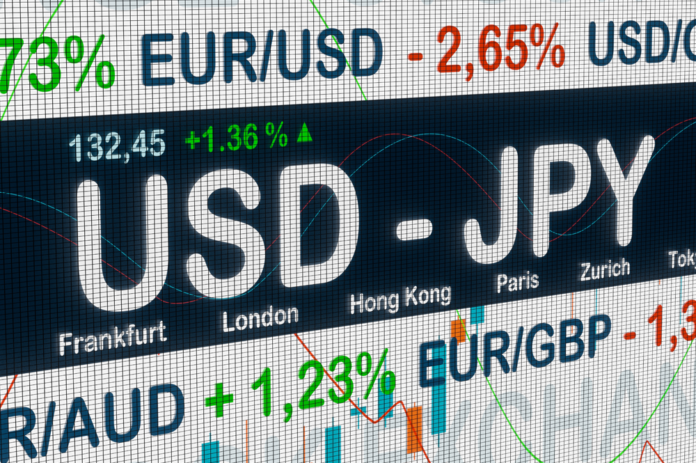The U.S. dollar declined on Tuesday, although it remained near its recent highs in an environment marked by uncertainty related to the pace of interest rate cuts as the date for the U.S. presidential election approaches.
Dollar Benefited from Rising Yields
The dollar retreated slightly on Tuesday, despite benefiting from a rise in the yield on 10-year U.S. Treasury bonds, which reached a 12-week high.
On Monday, four Federal Reserve policymakers expressed support for further interest rate cuts following the Fed’s decision to reduce borrowing costs by about 50 basis points in September.
However, the comments from these officials signaled some lingering disagreement over the pace of the cuts.
Three of them indicated that a “modest” or “gradual” rate cut may be warranted due to the uncertain outlook, even though the U.S. economy remains resilient. Meanwhile, San Francisco Fed President Mary Daly noted that rates remain “very tight,” adding that a strong economy should not rule out further cuts.
The dollar has also been bolstered by demand for safe-haven assets, as investors remain risk-averse with the 2024 presidential election just two weeks away.
“Our perception is that the magnitude of bond and currency movements is being exacerbated by some deleveraging ahead of the U.S. election,” ING analysts said in a note. “The path should lead to a stronger dollar if FX liquidity conditions worsen through Nov. 5.”
Euro Gains Ahead of ECB Speeches
In Europe, EUR/USD rose 0.2% to 1.0833, as investors anticipated a series of speeches from European Central Bank officials following the latest rate cut.
“It is quite usual for ECB members to adjust the policy message in the aftermath of a rate decision,” ING reported. “Naturally, if we see signs of resistance to easing from hawks like Knot and Holzmann today, expect the euro to come under some additional pressure.” Yesterday, hawkish member Kazimir mentioned that the December decision is “wide open,” a notably more dovish stance compared to his comments before the October meeting.
GBP/USD Rises on Borrowing Data
GBP/USD rose 0.2% to 1.3003 after data revealed that U.K. government borrowing increased by £2.1 billion compared to September last year, reaching £16.6 billion—the highest for a September since records began in 1993.
The Bank of England is poised to cut interest rates in the coming months to stimulate the U.K. economy, although the data highlights the country’s complex financial situation ahead of next week’s budget.
Yen Weakens Amid Political Change
USD/JPY rose 0.1% to 150.91, trading just below its highest level since late July.
The yen’s weakness followed the change in Japan’s government, which raised doubts about whether the Bank of Japan could continue raising rates. The new Prime Minister, Shigeru Ishiba, explicitly stated that Japan’s economy could not withstand further rate hikes.
USD/CNY rose 0.1% to 7.1214, nearing two-month highs, after the People’s Bank of China (PBOC) cut its benchmark prime lending rate on Monday.



